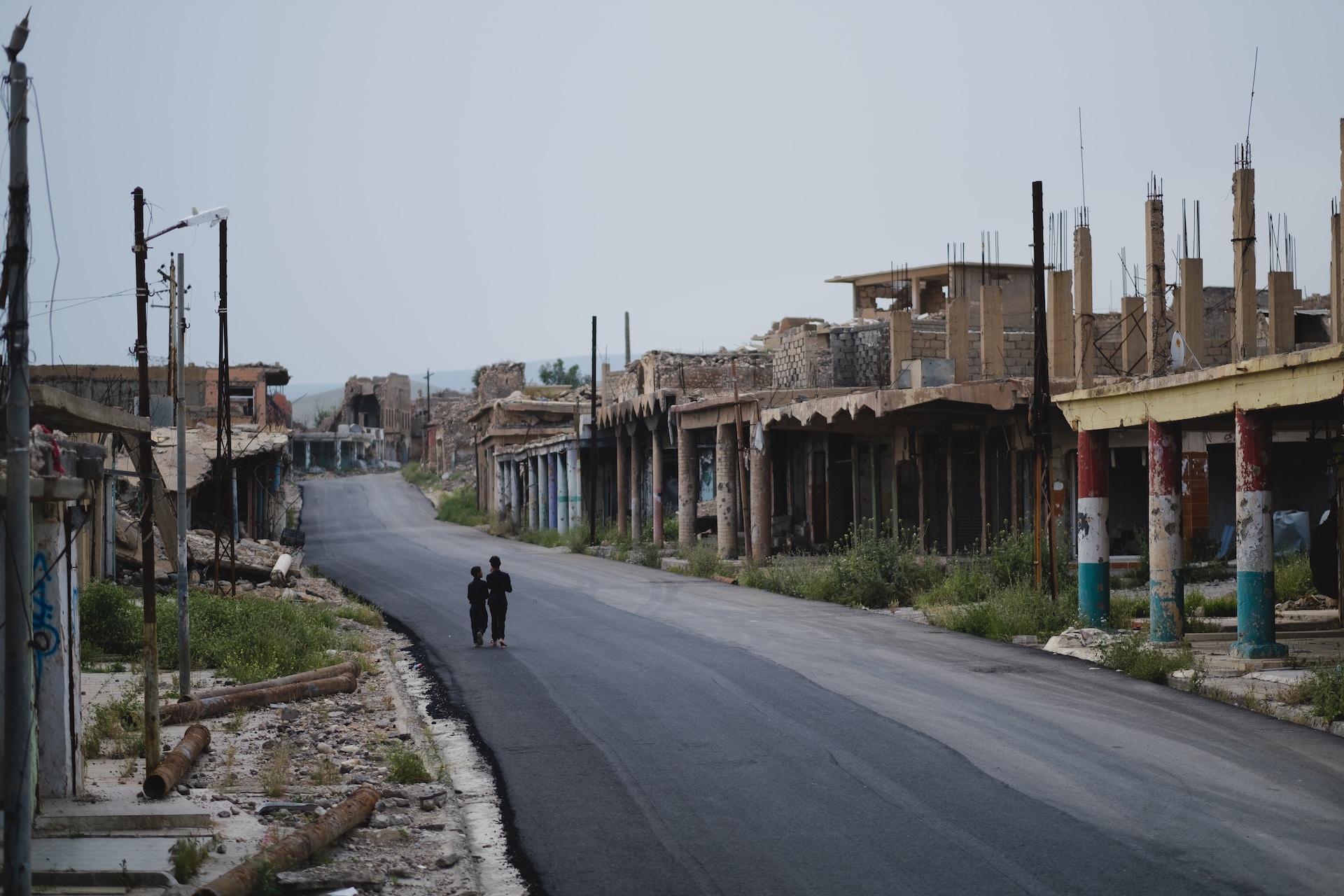
Comment Writer Jacob Dawson explains the impact of Western intervention in Iraq
The 2003 invasion of Iraq conducted by the “coalition of the willing” was arguably the defining moment of the Blair government between 1997-2007. The war had widespread consequences which show the failures of liberal Western order and the imperialist nature of the Western powers, while also severely impacting UK domestic politics.
Before 2003 Iraq was ruled by Saddam Hussein who came to power as the head of the Arab socialist Ba’athist party in 1979. He presided over a bloody period of violence which saw Saddam order the oppression and killing of many minority groups including Shia Muslims and Kurds. His reckless and violent politics culminated firstly in the 1991 Gulf War followed by his removal from power in 2003 by the US led coalition.
the invasion of Iraq remains one of the most controversial events in the 21st century
The invasion of Iraq remains one of the most controversial events in the 21st century which saw opposition to the invasion spread across the world in some of the largest ever recorded protests. Since the invasion, Iraq (like Afghanistan) fell into poverty, chaos and violence, spurred on by a reckless Western power-led intervention which sought to impose Western values and ideas on a people who didn’t seek them. This was done at the expense of not just the ‘democratic’ will of the United Nations but also at the expense of the people of the US and UK whose governments were supposed to represent the people.
The tragedy of Iraq arguably set a precedent for many politicians and activists that interventions and R2P (Responsibility to Protect) will always lead back to violence and chaos as the West fails to understand and respect the right of people to organise themselves freely in a manner bound by solidarity in the absence of coercive power structures.
Western intervention in Iraq was little more than a continuation of Western imperialism which backfired on the politicians who advocated for it
I would argue that the Western intervention in Iraq was little more than a continuation of Western imperialism which backfired on the politicians who advocated for it. When supposed victory was achieved in each respective war, the people were not exactly given a genuine say in the form of government that would proceed to rule them.
Iraq’s case became a notable example of a complete Western failure to stabilise a nation that had just been subject to intervention, the US occupation of Iraq was characterised by disastrous decisions including the decision to disband the Iraqi army which went on to heavily contribute to the rise of the Islamic state of Iraq and Syria.
Tony Blair and US president George Bush received arguably the most backlash for their poor handling of the war as well as their lack of justification for the conflict. This was outlined heavily in the “Chilcot report” which clearly showed how Blair took unilateral action about the war without consultation with his cabinet. Bush was driven largely by misinformation fed to him by national security cabinet advisors who wrongly believed Saddam had links to Al-Qaeda as well as possession of WMD’s.
If Western nations and governments seek to promote liberty and freedom as part of their foreign policy, they must learn that trampling on the sovereignty and free will of other foreign peoples is unacceptable. The right of self determination which liberal democracies are so keen to uphold must be respected for people all over the world, setting double standards as was the case with Iraq.
We can take away a lot from the invasion of Iraq. Repeating these mistakes elsewhere in the developing world will add to the misery and suffering of these countries in addition to that brought on by capitalism – Western interventions must come to an end.
For more comment articles, check out these:
Is Technology The Answer to Climate Change?
Comments